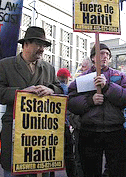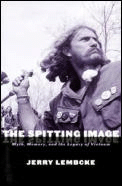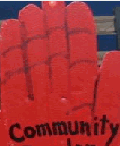
The Politics of Depoliticization and the End of History
"This is the time when things which till then had been communicated but never exchanged; given but never sold; acquired but never bought -- virtue, love, conviction, knowledge, conscience, etc. -- when everything, in short, passed into commerce. It is the time of great corruption, of universal venality...." Karl Marx, The Poverty of Philosophy, 1845.





